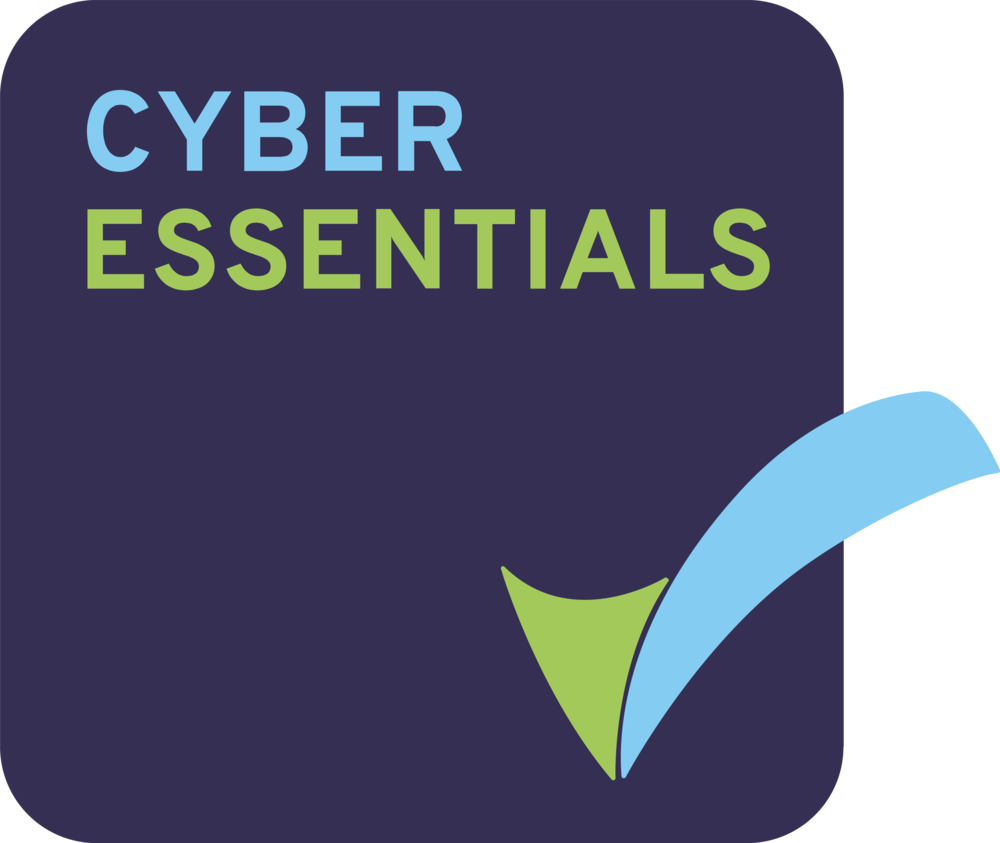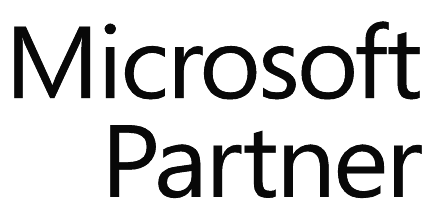‘Extract from Royal AirForce ‘Provost Parade’ Newsletter Issue 1:2013′
The iconic image of tape recorders in RAF Police interview rooms are soon to be resigned to the history books as the Force embraces the technology that is Digital Audio Visual Interview Equipment or commonly referred to as ‘Digital AV’. Gone are cassettes, replaced by:
- Touch screen technology
- Instant, encrypted digital recording and DVD playback
- Bulletproof portable interview equipment.
Historically, audio tape recording of interviews was introduced in 1986 as part of the Police and Criminal Evidence Act (PACE) 1984 to increase transparency and avoid allegations of mistreatment or coercion of suspects (yes it really was like ‘Life on Mars’… allegedly!). The Service Police adopted the practice of Tape Recorded interviews through a trickle feed process and even as late as the early nineties an RAF Police interview could still be expected to be produced via contemporaneous notes on a regular basis.
Video recording of an interview during this period was reserved for the more sensitive and complex investigations, requiring bespoke interview suites with less than discreet cameras mounted on television studio style gantries or a less than obvious black dome from which you could hear the low hum of the motors turning the camera to try and capture the detail within the interview. Although crude in design it gave investigators invaluable insight into the behaviour and visible reactions of suspects and witnesses during challenging phases of the interview and would subsequently be regarded by the courts as best evidence. Recognising the need for change the National Policing Improvement Agency (NPIA) devised a best practice framework for digital audio recording solutions identifying the potential through modern technology to improve the way UK Law Enforcement conducted interviews. With RAF Police investigators trained to National Home Office Policing standards it wasn’t long before this concept was highlighted to the Force as being the future way in which interviews were to be conducted.
Development
Key to this concept is the software and digital recording platforms required to conduct an interview. The NPIA framework outlined the requirements for the equipment, to ensure appropriate measure regarding the recording of digital media in an evidential format. This provided developers with a host of challenges, crucially the retention of data post interview and the conflict that this had with the Data Protection Act and the handling of restricted media post interview. The requirements attracted companies from the digital recording industry who had a pedigree in Air Traffic Control data recording and similar disciplines. Three companies were identified by NPIA as having the necessary background and capability to adhere to the framework and ultimately produce a product fit for purpose. The three companies, Ultra, Capita and Business Systems set about building the equipment around the framework ensuring that every aspect of the guidelines was adhered to. This resulted fundamentally in three systems, similar in capability but delivered in a host of various platforms. This really did spell the beginning of a new era in digital interviewing.
After trialling each system, the RAF Police chose Business
Systems, who allocated a Technical Manager and a Project Manager to ensure that all our requirements were met. Meetings were held regarding the way the programme would be delivered and by what platform. A system housed within a pelle case, robust and capable of withstanding rough handling would be ideal for the back of a Merlin or Chinook. Towers were chosen in place of laptops for the FRDs, again to improve durability. A further innovation was the use of a touch screen monitor, allowing the user to input all the pre interview data via the touch screen thus reducing desk clutter and the need for a keyboard. A power pack comes with the system which allows back up power in the event of mains power failure for up to two hours, certainly enough time to close down the interview. All the towers and the laptops are encrypted which again was a framework requirement.
Once the interview is burnt onto disc it is then deleted from the hard drive and over written seven times to ensure complete deletion of the data. One of the more challenging aspects was the transcription of the finished product. Again we were able to find a solution pending Diiloading up the software capable of playing the interview from disc by utilising HQ RAF Police laptops in the interim to carry out that task.
Training and Installation
Part of the purchasing process was to ensure training and installation could be achieved through a cascade type package. This would involve the company providing bespoke training to Sqn representatives who in turn would cascade the training to their respective AOR. The system is relatively straight forward with each unit coming with a comprehensive manual of use and guidance cards for the operator.
The Sqn rep would oversee the installation and following power up would provide the training to the respective Police Flights. Business Systems have remained very much on board to ensure the process runs without hitch. A Policy letter is now out which identifies the installation process and how you can obtain sealing labels, guidance cards and DVD-R single case discs.
These are harsh economic times, where every item purchased requires scrutiny, the opportunity to acquire such cutting edge technology demonstrates the RAF Police commitment to Law Enforcement within the Air Power picture. Similarly it places RAF Police in front as a Service Police leader in this discipline. Whilst there is no doubt our commitment is to the expeditionary element of the service we are now able to support that commitment both at home and on operations in a manner other Law Enforcement agencies can only hope for.















